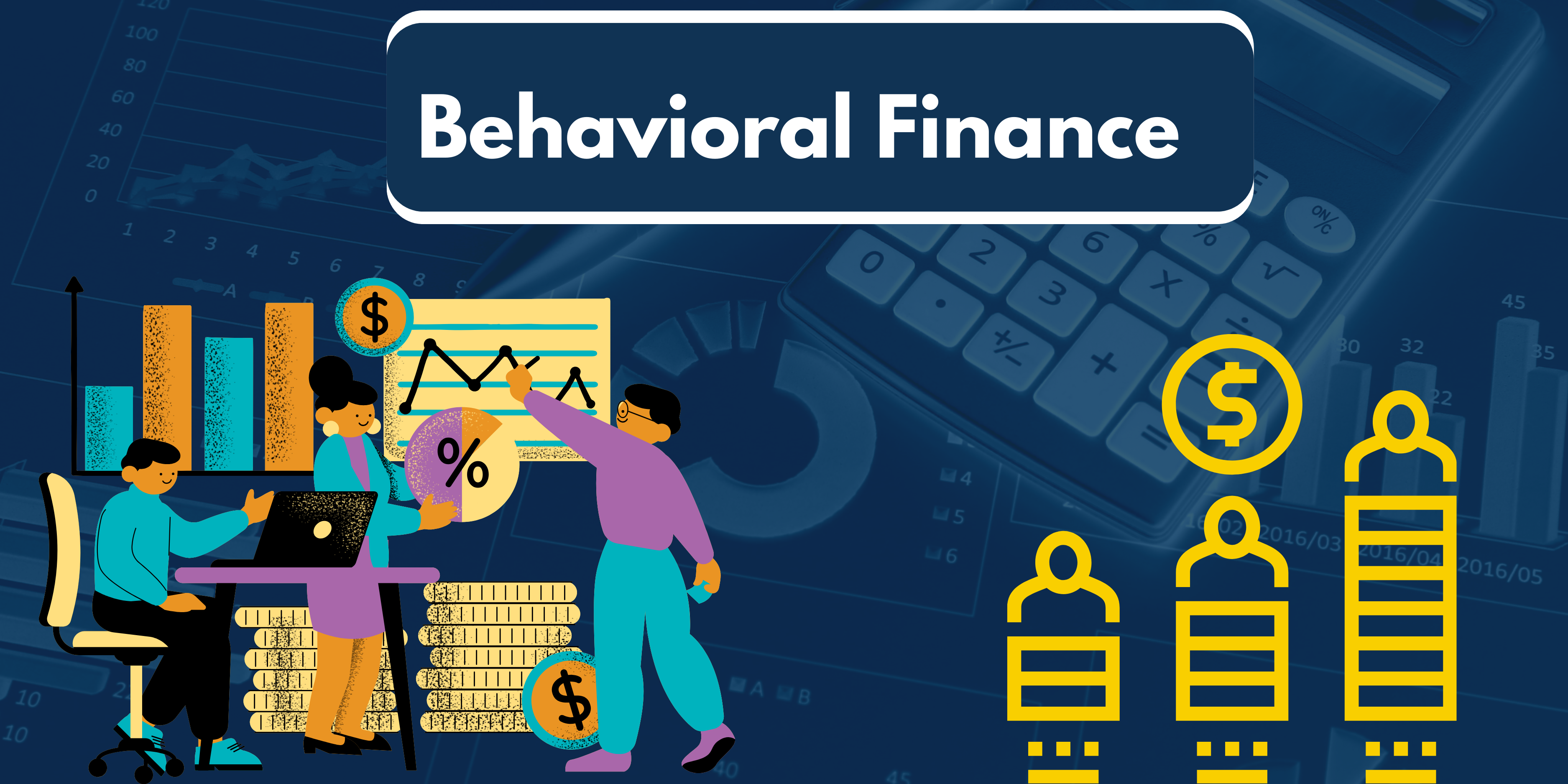Academic
Behavioral Finance

Introduction to Behavioral Finance
Behavioral finance is a fascinating interdisciplinary field that bridges psychology, economics, and finance to understand why investors often act irrationally. Unlike traditional theories assuming rationality and market efficiency, behavioral finance delves into the cognitive biases, emotions, and social influences shaping financial decision-making. This approach is invaluable for students and professionals alike, making it a popular topic for academic writing services.
Key Concepts in Behavioral Finance
1. Cognitive Biases
Behavioral finance identifies key biases that influence financial decisions:
- Overconfidence Bias: Investors overestimate their abilities, leading to excessive trading.
- Loss Aversion: A preference for avoiding losses over acquiring equivalent gains.
- Anchoring: Over-reliance on initial information during decision-making.
These biases are essential for those exploring professional academic writing services to simplify complex finance concepts.
2. Herd Behavior
Herd behavior occurs when investors follow the crowd, often driving phenomena like market bubbles or crashes.
3. Mental Accounting
Investors treat money differently based on its source or intended use, often leading to suboptimal financial decisions.
4. Prospect Theory
Developed by Daniel Kahneman and Amos Tversky, prospect theory reveals how people value gains and losses differently, resulting in inconsistent decision-making under risk. This theory is widely referenced in the best assignment services for students.
Applications of Behavioral Finance in Real-World Scenarios
Behavioral finance insights are transforming the way professionals approach financial strategies.
1. Investment Strategies
- Asset managers leverage behavioral principles to understand market anomalies and investor behavior.
- Strategies informed by these insights help minimize the impact of biases like overconfidence.
2. Corporate Decision-Making
- Behavioral finance guides organizations in designing effective incentive structures.
- It also improves corporate governance by aligning decisions with human tendencies.
3. Policy Formulation
- Governments apply behavioral principles to encourage better financial decisions.
- Examples include nudging individuals toward increased retirement savings or timely tax compliance.
If you need help understanding such applications in detail, contact us for the best online assignment writing help services tailored to your needs.
Challenges and Criticism of Behavioral Finance
Despite its growing significance, behavioral finance faces some notable limitations:
- Lack of Predictive Models: Unlike traditional finance, it doesn’t always provide actionable forecasts.
- Cultural Variations: Investor behavior varies across regions, limiting universal applicability.
These challenges highlight the importance of thorough research, a service readily available through affordable academic support services like Digiink Assignments.
Behavioral Finance in Modern Markets
The rise of technology has amplified behavioral biases, influencing trading and investments:
- Algorithmic Trading: Behavioral principles affect algorithmic trading models.
- Social Media Influence: Platforms amplify trends like the GameStop frenzy and cryptocurrency volatility.
Understanding these dynamics is crucial for students and professionals seeking help with assignment writing services.
Conclusion
Behavioral finance provides invaluable insights into the complexities of human behavior in financial markets. By addressing biases and leveraging principles like mental accounting and prospect theory, it aids investors, policymakers, and corporations in making better decisions. Whether you’re exploring this field for university assignment help or professional purposes, understanding these concepts can enhance your grasp of modern finance.
We Provide Help on Various Marketing Assignment Topics Like
Capital Budgeting Techniques
Global Trade Finance
Risk and Return Analysis
Financial Statements
Herd Behavior
Algorithmic Trading
Mergers & Acquisitions
Behavioral Biases
Capital Markets
Global Investment Strategies
Digital Transformation in Finance
ESG Accounting
